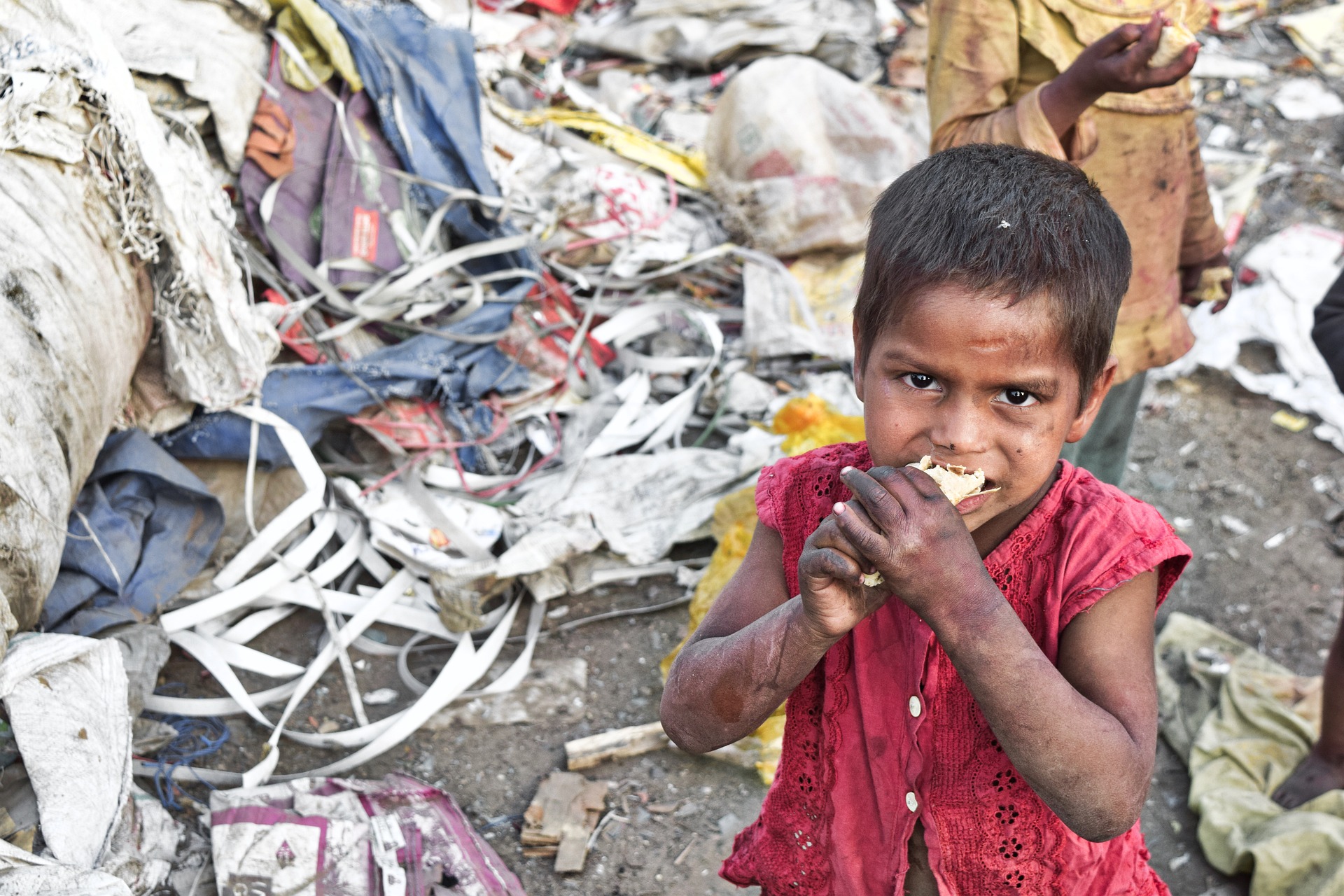Can the Global Food Crisis be Fixed?
The global food crisis is getting worse. Efforts to lower growing hunger—particularly in Africa—has almost stalled due to the impacts of the ongoing COVID-19 pandemic. COVID-19 has severely impacted the food production sectors that were already dealing with the impending crisis of climate change.
The loss of labor and lessening demand for food products is also hampering food productivity outlook in the coming years. The impact on supply chains has been one of the biggest disruptors to the food industry. Countries around the world had to deal with unavailability of shipping lines to transport staple food such as rice, wheat and corn during the two years of the pandemic that has significantly ravaged the global food industry.
During this time, countries in Africa that were already struggling with providing basic meals to their people, had to equip themselves haphazardly for the global health crisis. This made matters worse, as money allotted for food support to the most vulnerable in these countries, were diverted towards saving lives from COVID-19 .
Now that COVID-19 cases are in control, food security has returned as a major focus for developing countries who now have very little to feed their people. International humanitarian organizations have come forward to help, but geopolitical issues, customs requirements, and supply chain pressures are creating barriers which look likely to lessen in the coming days.
Food crisis is not a simple matter that can be brushed off as many leaders are now focusing on shifting their budgets to military and defense sectors as the geopolitical rhetoric intensifies, globally. If food security is not addressed on time, global leaders can find themselves in another crisis, amid all the crises they already face.
Compounding Crisis
The food crisis is being further compounded by the global food waste statistics and the obesity crisis, that reveals how certain countries or certain sections of the society are more privileged and have access to more food than they need.
The culture of fast food and eating out is now at its peak. The younger workforce prefer to eat outside than cook at homes. This has resulted in the growing culture of buffet food outlets that are a big source of the global food wastage. But some such food outlets are heeding to the increasing call of waste and its impact on climate change by resorting to feeding leftovers to animals or sending it to compositing sites where leftovers are turned to manures for the agricultural sector.
These efforts alone will not solve the global food crisis. Consumers will need to also resort to eating healthy and influence brands to choose sustainable and green ways that works to lessen global hunger.
Causes of World Hunger
Global hunger may not be the only cause of large amounts of food being wasted globally. Several factors such as inequity, climate change, conflict, humanitarian emergencies, and poverty are also leading causes of the global food crisis.
Many people lost their source of income during the global pandemic in the past two years. Families with sole earning individuals were the worst hit, with many facing difficulty in sourcing basic daily meals for their families.
Reports have also surfaced from many parts of the world where mothers were forced to sell one of their children to ensue food for other children. The cause of hunger has also given rise to indiscriminate violence and attacks in the society. It has widened the gap further between the haves and the have-nots.
Need to Act
The cause of growing global food security need to be addressed at the soonest. Global humanitarian organizations have increased their demands from the richest individuals and countries to help. Meanwhile netizens are taking it to the streets to help the poor and the needy.
We are also seeing innovative trends such as vertical and rooftop farming growing in eminence among the public. Efforts in silos will need to be collectively brought together, further encouraging and streamlining them though active response systems and policies that further the cause of global food security.
International organizations such as the WHO, and the World Bank need to join forces to utilize their strengths in focusing finance, knowledge and awareness around food production and supply; and enhancing efforts that curb barriers to food security.
Photo Caption: Food security must be addressed immediately.



